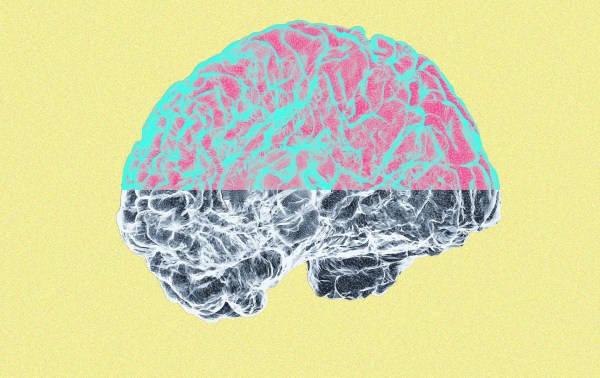Amy Coney Barrett, President Trump’s Supreme Court nominee, is an “originalist.” Given that originalism is a term coined by lawyers, it shouldn’t surprise anyone that there are many different flavors of originalism. But, as Barrett explained in her confirmation hearings, they all share the basic idea that the meaning of the Constitution can be found in the Constitution.
“So in English,” she explained, “that means that I interpret the Constitution as a law, that I interpret its text as text and I understand it to have the meaning that it had at the time people ratified it. So that meaning doesn’t change over time. And it’s not up to me to update it or infuse my own policy views into it.”
I don’t understand why this should be a difficult concept to understand. And yet for some people, it remains not only incomprehensible but utterly contemptible.
Dan Rather, who for decades at CBS News cast himself as a neutral reporter of facts, declared on Twitter the other day: “If you want to be an ‘originalist’ in law, maybe you should go all the way. Cooking on a hearth. Leeches for medicine. An old mule for transportation. Or maybe you can recognize that the world changes.”
Rep. Barbara Lee (D-California) tweeted this gem of an insight: “An ‘originalist’ reading of the Constitution would disqualify Judge Barrett, or any woman, from serving on the Supreme Court or from owning property or voting. ‘Originalism’ is a cover for deeply unpopular & un-democratic policies, not some kind of serious judicial philosophy.”
Sen. Chris Murphy (D-Connecticut) blurted out: “Women couldn’t vote. Slavery was legal. AR-15s and the internet and electric lights didn’t exist. But originalism.”
People who mock originalism subscribe to the view that the Constitution is a “living, breathing” document whose meaning changes with every generation. When I object to this idea, I often hear the kind of nonsense offered by Rather, Lee, and Murphy: that if the Constitution didn’t change over time, black people would still be in chains, women wouldn’t be able to vote, etc.
The problem is that they’re letting the “living Constitution” take credit for battles it didn’t win. Women have the vote because of the 19th Amendment. It was the 13th Amendment that ended slavery, not the good intentions of Supreme Court justices.
When you amend the Constitution, you’re changing its meaning according to the rules of the Constitution. No one “breathed” new meaning into the words; they added more words.
Now, I would argue that those new words were in the spirit of the ideas that gave birth to this country and the Constitution. But that’s another debate, and people are free to disagree. Either way, these improvements to the Constitution weren’t discovered in some literary seminar reinterpreting the existing text. We changed the text.
By the way, if you believe that justices can invent new meanings for the text, what would be your principled argument against the court ruling that a four-year term for presidents is simply another vestige of bygone days when we used leeches for medicine and cooked on a hearth?
I’m confident even the most rabid supporters of a living Constitution agree that the peaceful transfer of power is an obvious constitutional principle that courts, politicians the military and citizens should all respect. But why should they? Because that principle is popular? What if it’s unpopular at some point? What if people want a dictator? Should justices take that into account? The originalist answer would be “no,” because the Constitution’s text is clear. What is the living constitutionalist’s reason? Because dictatorship is icky?
Yes, of course things have changed since the founding era. Of course it takes serious legal and intellectual effort to figure out how, for example, free speech principles work in an era of social media and the internet. That’s one reason originalists often come to different conclusions about how to interpret the Constitution and the relevant precedents.
But here’s the thing: They’re interpreting the actual Constitution.
What is the alternative? To listen to many Democrats in the Barrett hearings, the alternative is to simply look for the policy outcomes you want and declare them constitutional. Many of Barrett’s interrogators used precious time to tell heart-rending stories about real people who have suffered from gun violence or medical crises. The barely unstated insinuation is that Supreme Court justices should ignore law and reason and simply rely on empathy alone.
If that’s how it should work, why have a court at all?
Photograph by Michael Reynolds/Getty Images.







Please note that we at The Dispatch hold ourselves, our work, and our commenters to a higher standard than other places on the internet. We welcome comments that foster genuine debate or discussion—including comments critical of us or our work—but responses that include ad hominem attacks on fellow Dispatch members or are intended to stoke fear and anger may be moderated.
With your membership, you only have the ability to comment on The Morning Dispatch articles. Consider upgrading to join the conversation everywhere.